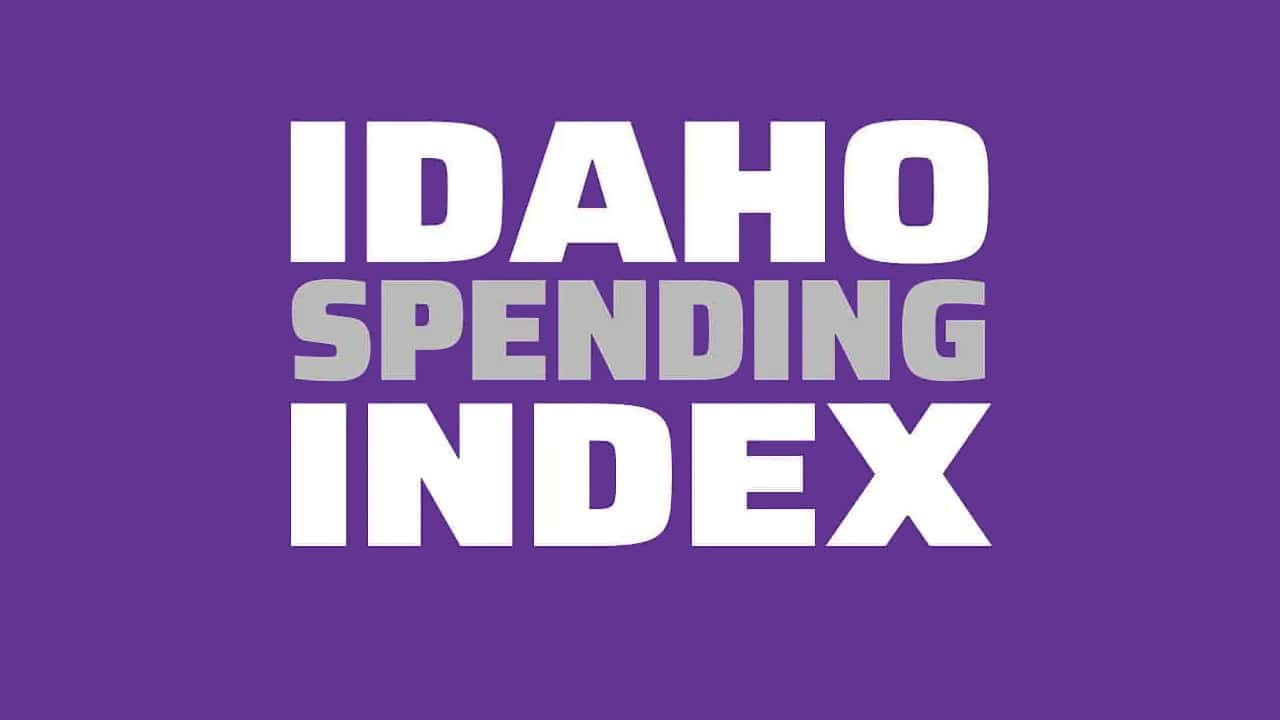


The Idaho Spending Index serves to provide a fiscally conservative perspective on state budgeting while providing an unbiased measurement of how Idaho lawmakers apply these values to their voting behavior on appropriations bills. Each bill is analyzed within the context of the metrics below. They receive one (+1) point for each metric that is satisfied by freedom-focused policymaking and lose one (-1) point for each instance in which the inverse is true. The sum of these points composes the score for the bill.
Rating: (-1)
Bill Description: Senate Bill 1203 is an enhancement of $3,000,000 and 00.00 new full-time positions for the Department of Health and Welfare, Division of Independent Councils for fiscal year 2026. This legislation appropriates a total of $18,176,900 and 12.00 full-time positions to the agency.
Does this budget incur any wasteful spending among discretionary funds, including new line items? Conversely, does this budget contain any provisions that serve to reduce spending where possible (i.e. base reductions, debt reconciliation, etc.)?
This bill contains an enhancement of $3 million for children’s advocacy centers. These funds were not in the agency or Governor’s request per the Legislative Budget Book. These types of funds are generally pass-through funds.
(-1)
Is the continuation or growth in ongoing spending, if any, inappropriate for the changes in circumstances, scope of the agency, or current economic environment? Conversely, is the continuation or growth in ongoing spending appropriate given any change in circumstances or economic pressures?
This legislation funds ongoing spending for the Department of Health and Welfare, Independent Councils. Over the last three years, the base has grown less than inflation.
(+1)
Does this budget perpetuate or expand state dependence on federal dollars, thereby violating principles of federalism? Conversely, does this budget actively reduce the amount of federal dollars used to balance this budget?
This legislation appropriates $13,982,600 in federal funds to the Division of Independent Councils, mostly in trustee and benefits payments. These funds constitute roughly 77% of the total appropriation for the 2026 fiscal year. This demonstrates that the division is critically dependent on federal funds to support its programs and operations.
(-1)


